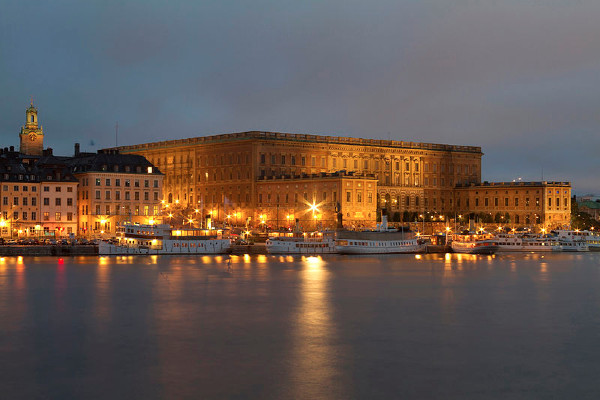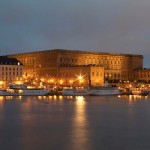
Backdoor Nordic Diplomacy in Syria
 The conflict in Syria has taken yet another turn with the introduction of Russia’s proposal to place Syrian chemical weapons under international control. The proposal has been met with an array of responses, from those who write it off as a stall tactic to others who herald it has a genuine opportunity to diplomatically address Syrian chemical weapons. While Russia has largely been in the headlines as the champion of this diplomatic initiative, the actual architects and initiators of the plan seem to have been overlooked.
The conflict in Syria has taken yet another turn with the introduction of Russia’s proposal to place Syrian chemical weapons under international control. The proposal has been met with an array of responses, from those who write it off as a stall tactic to others who herald it has a genuine opportunity to diplomatically address Syrian chemical weapons. While Russia has largely been in the headlines as the champion of this diplomatic initiative, the actual architects and initiators of the plan seem to have been overlooked.
Yesterday, the Foreign Minister of Finland Erkki Tuomioja publicly addressed the media to discuss the backdoor diplomacy recently employed by the Nordic countries, who deserve to be highlighted as the champions of the recent breakthrough.
“We have been in contact with Norway and Sweden the whole time, and we have considered what can be done about this,” Tuomioja stated in regards to the chemical attack. “Two weeks ago we had a video conference with Nordic and Baltic foreign ministers.” “We agreed to approach Russia with the idea that we would try to get a resolution on Syrian chemical weapons in the UN Security Council,”
The plan to place Syria’s chemical weapons under international control was originally floated to Obama by the Prime Ministers of Norway, Sweden, Iceland, Denmark and Finland at a dinner in Stockholm during the President’s trip to Sweden last week. Following this meeting, the ‘Nordic plan’ was for Sweden to then approach Russia with the proposal, but in the end Toumioja was the one to personally proposition the strategy to Russian Foreign Minister Sergei Lavrov. Given Russia’s relationship with Syria, it was believed the proposal would be most effective if propositioned by Russia. The Nordic countries additionally offered their support in implementing the proposal, with Finland suggesting it could employ its technical knowledge to help destroy the weapons.
Humble to the end, the Finnish Foreign Minister insisted, “It cannot be said that this is a Nordic initiative, as there is no copyright attached to it.” Norway’s Foreign Minister Espen Barth Eide similarly stated, “I can’t say that we had the solution, but we have certainly influenced something,”
However there is no downplaying the crucial role these countries played in developing and championing what may become a critical diplomatic breakthrough in the Syrian gridlock. Moreover the initiative highlights the ongoing, and often overlooked, role that the Nordic countries continue to play in major international initiatives aimed at conflict resolution and enforcing international norms and agreements. In turn it is important to remember the essential role these countries continue to play within international diplomacy and their potential to impact future negotiations.





